Russia sanctions shot in the foot for EU energy supplies, economy
Natural gas is one of several commodities massively impacted by the Russia Ukraine conflict. The European Union receives about 40% of its natural gas from Russian pipelines, about a quarter of which flows through Ukraine.
And now in light of sanctions instituted against Moscow in the months long war, energy truly seems to be at the front and center of the conflict.
Natural gas prices reached record highs in October 2021. Prices have kept climbing since hitting a new all time high in March.
Prices on the Dutch TTF hub, a European benchmark for natural gas trading, more than tripled between February 16 and march 7 2022 before pulling back.
Russia has been accused of using its natural gas as an economic and political weapon; nonetheless, natural gas has continued to flow into Europe, except in a few extreme cases.
One such extreme case would be that of Germany, which has been accusing Moscow of engaging in power play over energy exports. This comes while Germany, which imports 40% of its natural gas from Russia, sanctioned Moscow and is now facing record inflation as a consequence of surging prices.
Latvia has joined Poland, Bulgaria, Finland, the Netherlands and Denmark in being cut off from Russian gas. Gazprom says it has halted gas supplies to Riga due to their violation of supply conditions, however, Russia did not specify what the violations were.
Moscow had already turned off gas supplies to various other countries for refusing to pay in the Russian ruble.
Riga had already decided to ban Russian gas imports as of January 2023, and just last week it even said it was not buying Russian gas from Gazprom and on Saturday Latvia said the gas pumps decision would have little effect on the country.
But while many European countries have made similar remarks in light of Russia's bans and the increasing energy prices, their decision seems to be going against their national interests, mainly as they have made such remarks while failing to find alternatives to cheap Russian gas.
This seems to have been a political decision taken by the elite at the expense of the people who have been burdened with the unbearable rising cost of living.
There is a very high risk game of Geopolitical poker going on here. And Europe does need Russian gas.
At the same time, these countries many of them, I mean, Latvia, Poland, Bulgaria are in the forefront, Poland, In the forefront of countries that want to defeat Russia, basically.
I mean, they had, they believe they have the moral high ground, that they have a good cause, but they really want to stick it to Russia; that is their goal.
Fred Weir, Journalist & Political Commentator
Russia is the largest exporter of natural gas globally and the second largest producer after the US, for many decades Russian natural gas has powered European homes and industries.
In 1968, Austria and the Soviet Union signed a gas deal and in the early 1970s natural gas shipments began arriving in West Germany.
But in 1981 a CIA intelligence assessment of the proposed 3000 mile long natural gas pipeline from Siberia to Western Germany warned of the possibility of future problems.
It conceded the fact that the pipeline would be a reliable source of gas for the continent, but warned that this would also give the Soviets political leverage over Europe.
At present that analysis has been actualized, but only since the EU and the US sanctioned Russia thus leaving Russia with no choice but to exert energy pressure on Europe.
As Russia tightens its chokehold on EU natural gas supplies, Europe is looking everywhere for alternatives. Coal is back on the table and deals are being struck with new partners.
Fears are growing across the continent that if Russian gas is cut off it will force governments to ration fuel, risking both jobs and lives.
The race to find alternatives to Russian gas has accelerated but the question still remains: what happens if the European economies tank badly, as they seem to be on the verge of doing, and no alternatives are found, will the apparent EU unity against Russia fall apart?
Certainly, this puts great stress on European unity.
In the long term there are alternatives to Russian energy, although Russia, as you know, is attached to Europe, it is part of the greater Eurasia region and is a source of not just gas and oil but many, many, other raw materials, which are now being cut off and Europe and Russia are having a really painful divorce.
And it seems the European governments mean for Russia to suffer the pain, but in fact in a form of blowback, they are suffering it, too.
Fred Weir, Journalist & Political Commentator
Indications that such unity is bound to fall apart are already emerging with some EU leaders already calling for a reconsideration of the block's energy related policies. Some have even labeled Europe's attempts at replacing Russian gas as being on a knife's edge.
But despite the heavy costs incurred by the people Europe and their needless suffering, the blinkered leaders of the block seem to have set their minds on the continuation of their current ways while experts predict that, as things stand, the problems Europe faces will only worsen.
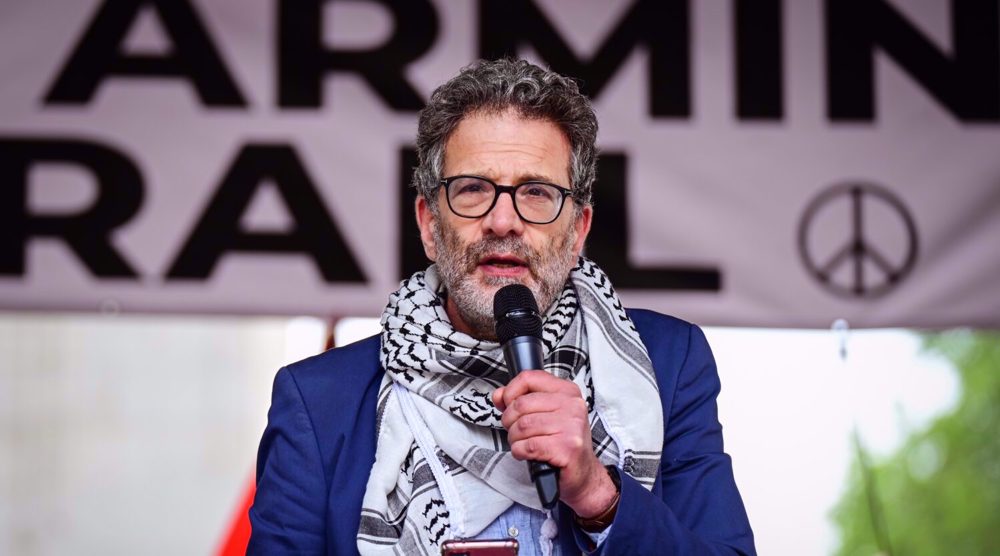
Palestine Solidarity Campaign director on trial

‘Doctors Against Genocide’ demands US Senate stop Trump
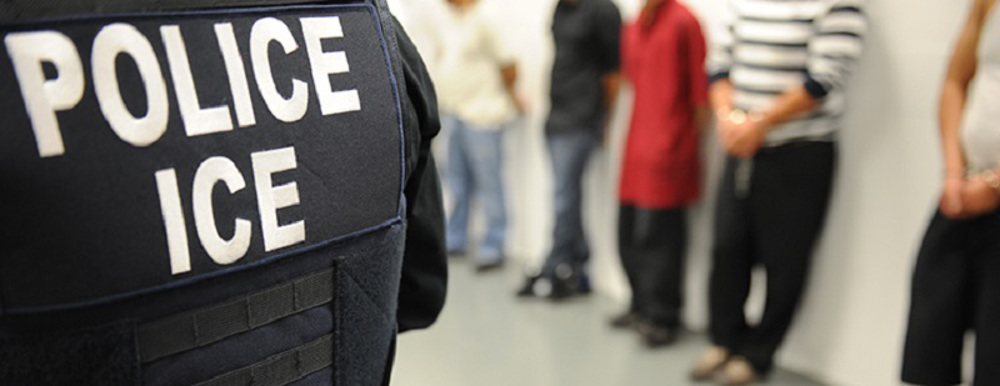
Trump deportation policy
Netanyahu: Israel won't allow Hayat Tahrir al-Sham forces in southern Syria
Hezbollah leaders’ historic funeral showed resistance strength: Islamic Jihad
Iran reports surge in air traffic as Austrian, Lufthansa resume flights
VIDEO | South Africans set to lobby government to isolate Israel
IRGC chief: Nasrallah decisive figure in regional equations with global dimensions
VIDEO | Press TV's News Headlines
Netanyahu's son 'exiled abroad for hitting his father': Knesset member
Iran money supply up 28.4% y/y in late January: CBI


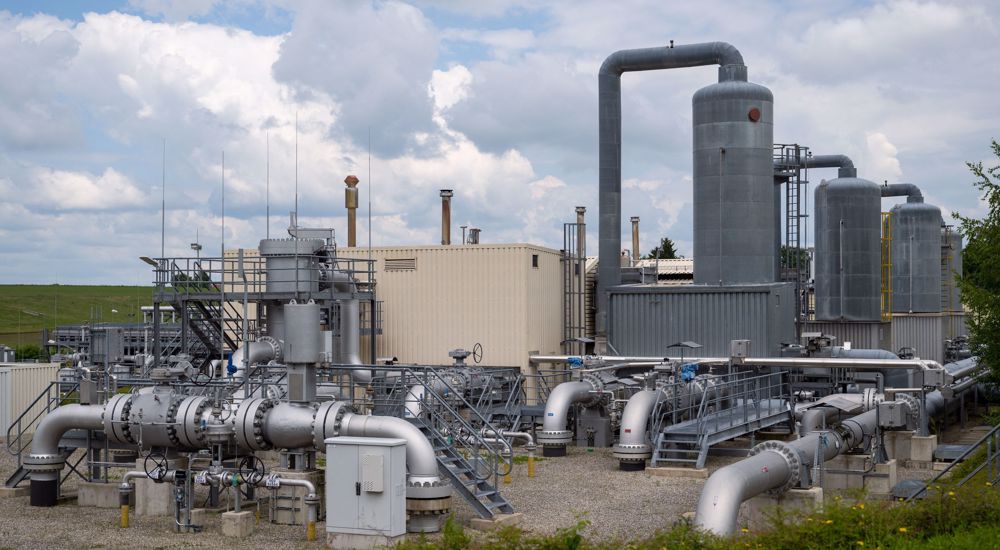
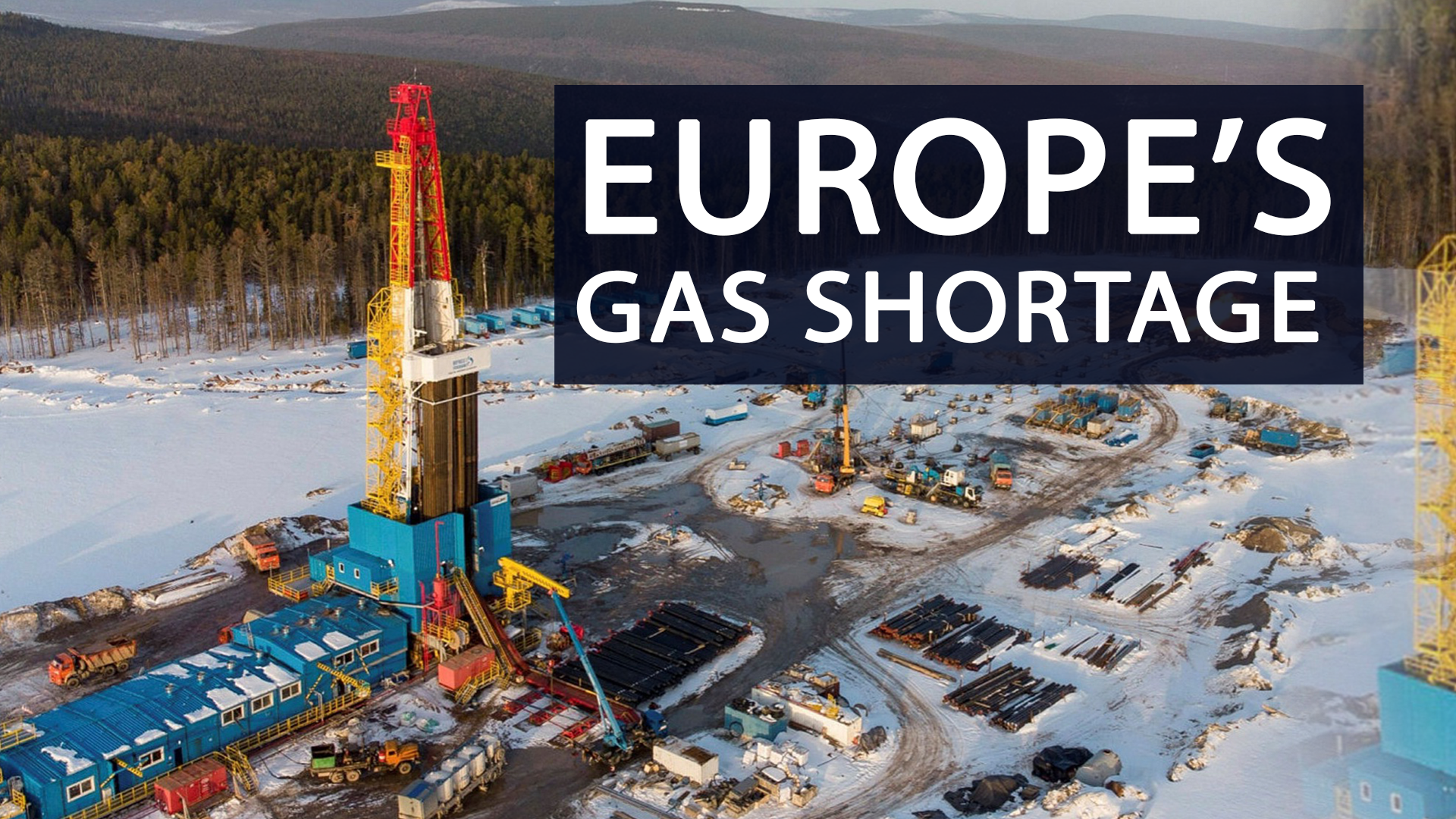
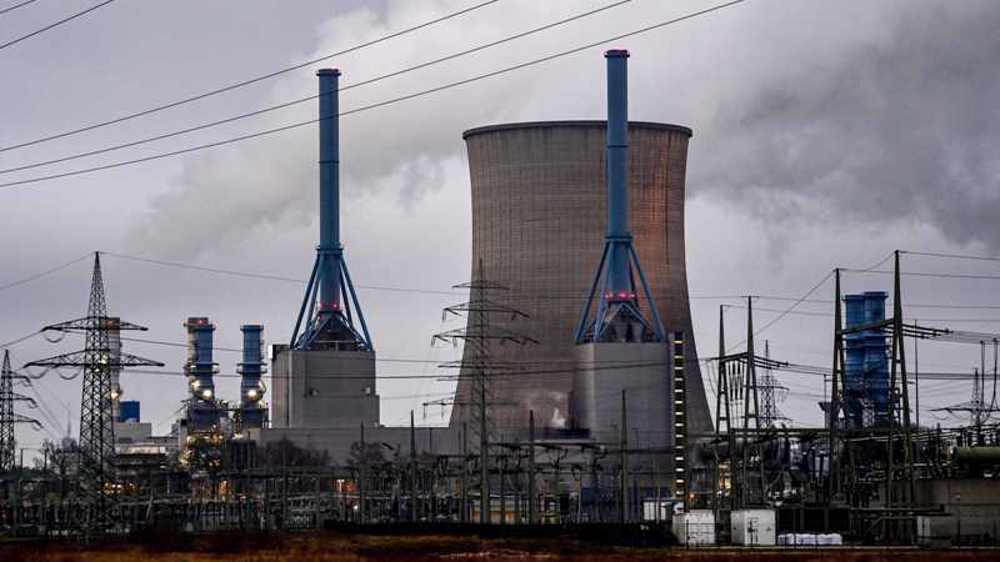
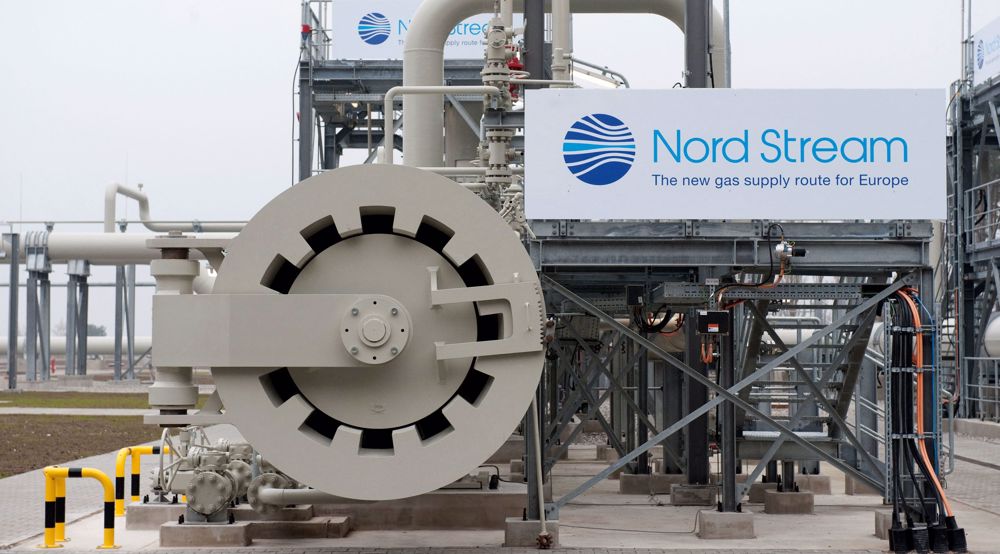
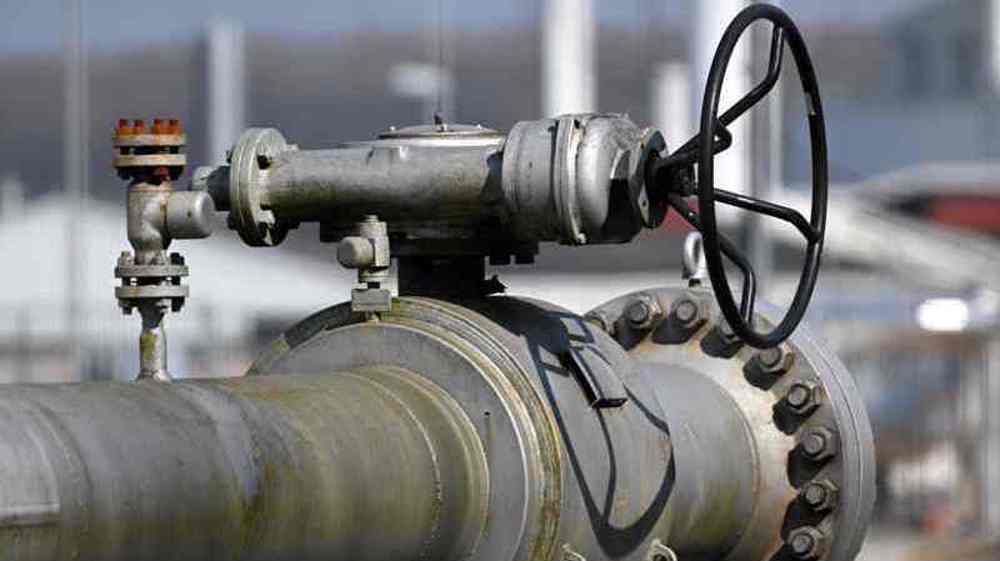
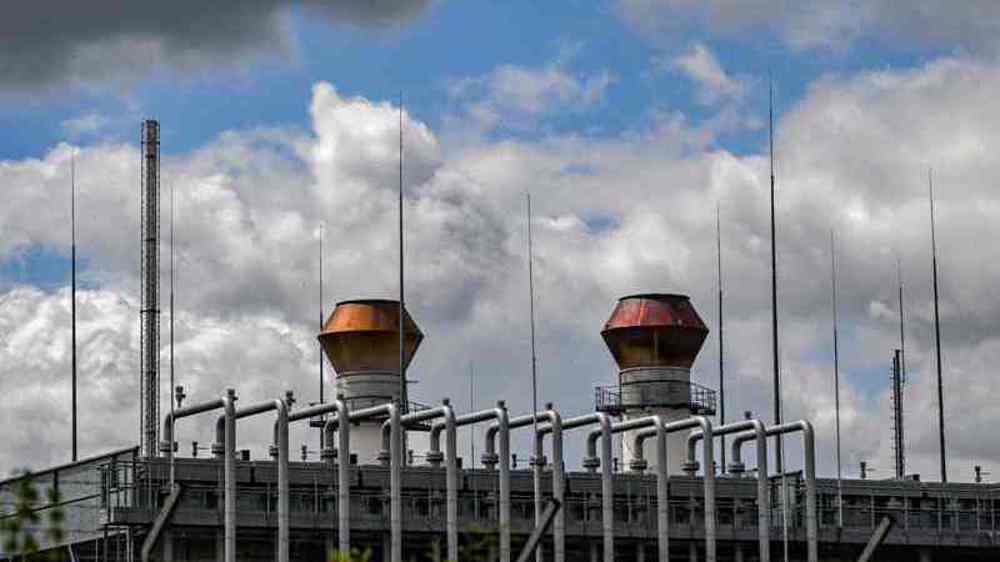
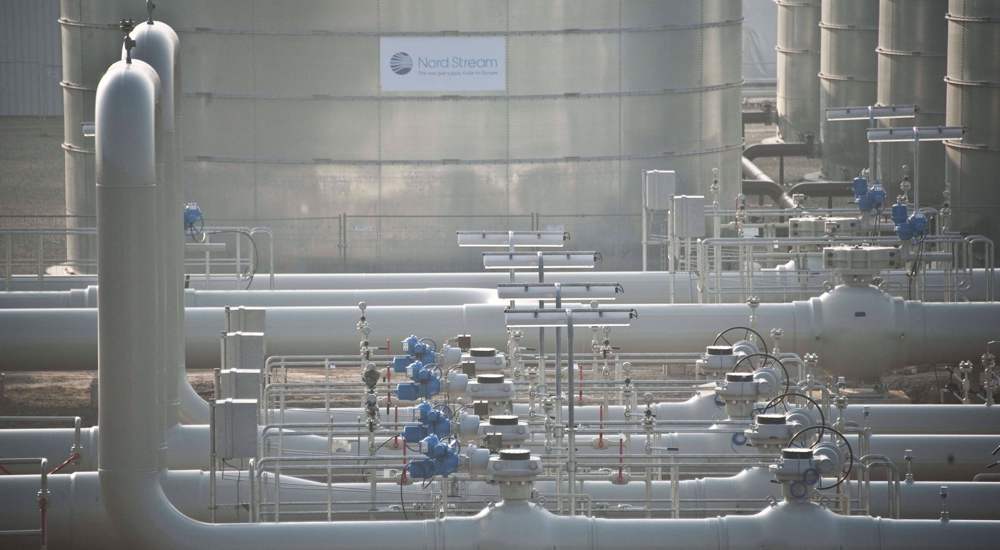



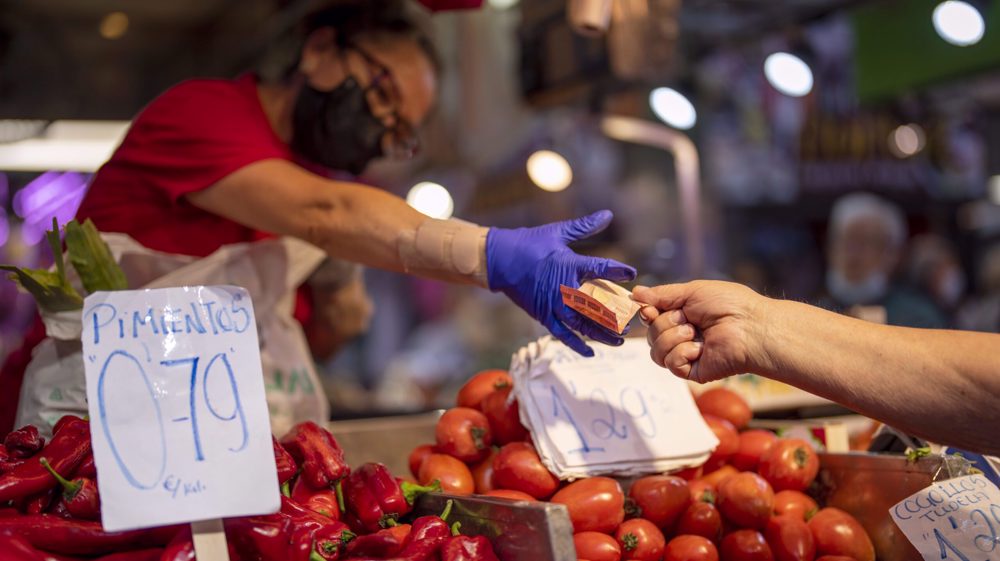
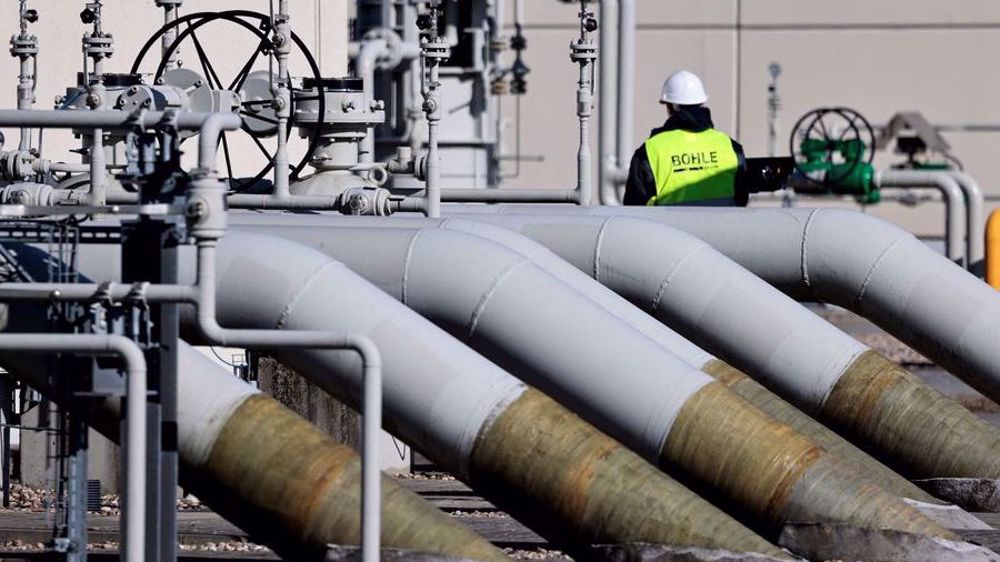
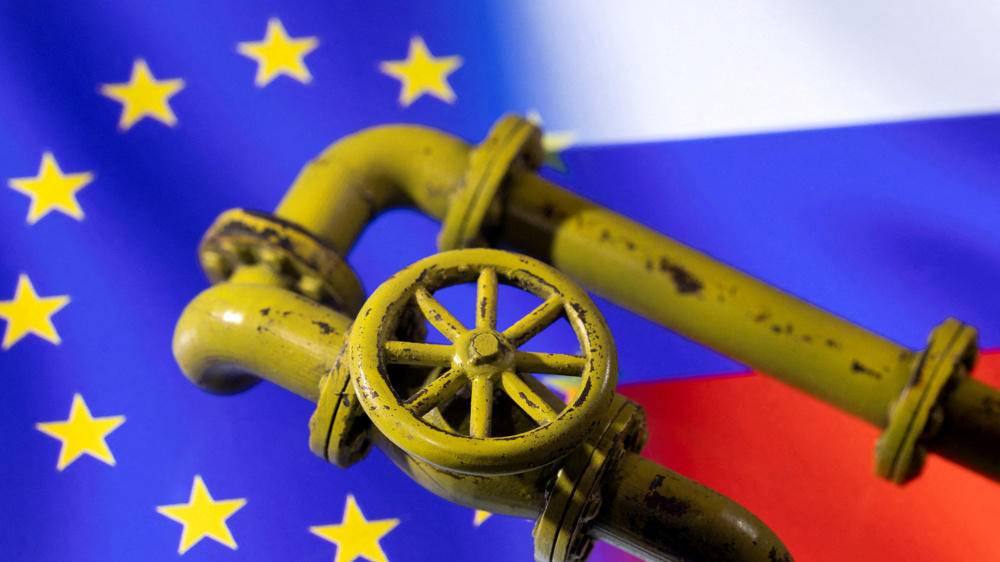
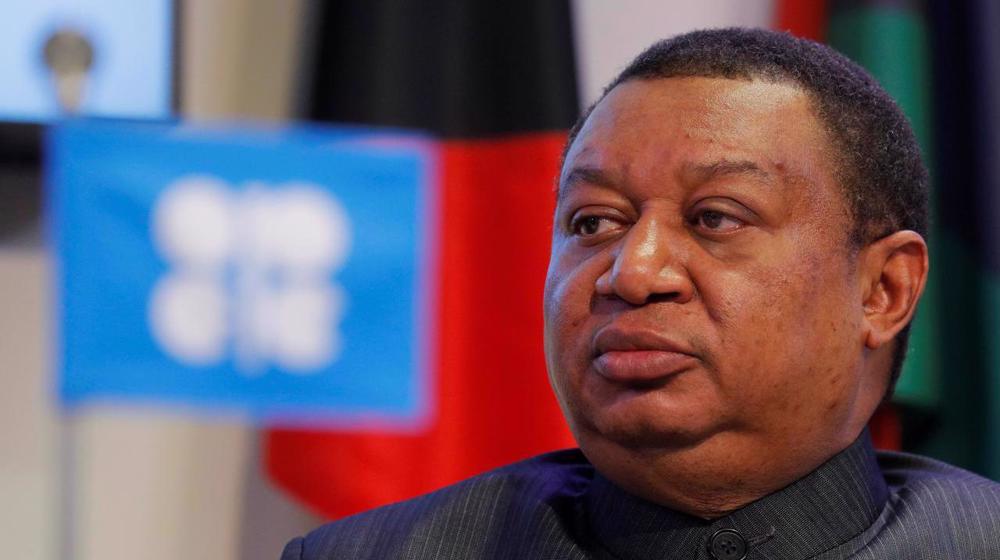
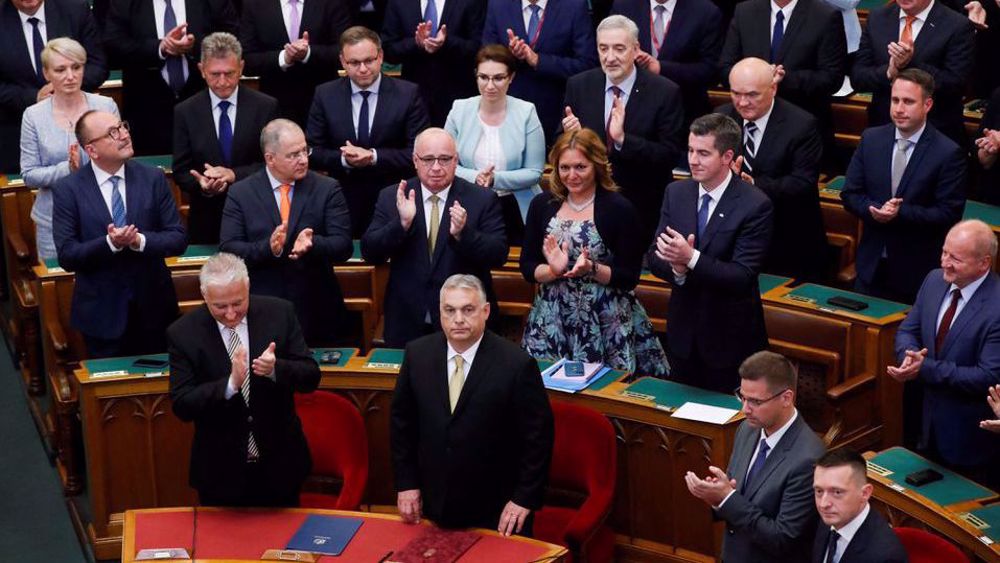
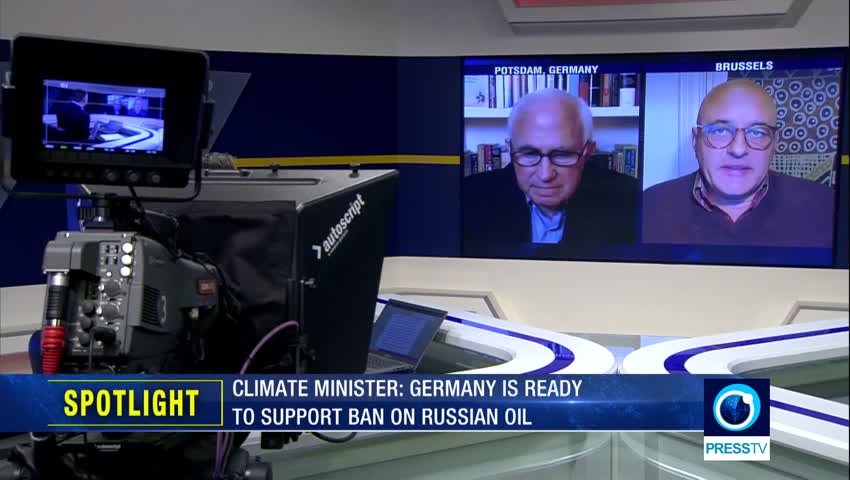
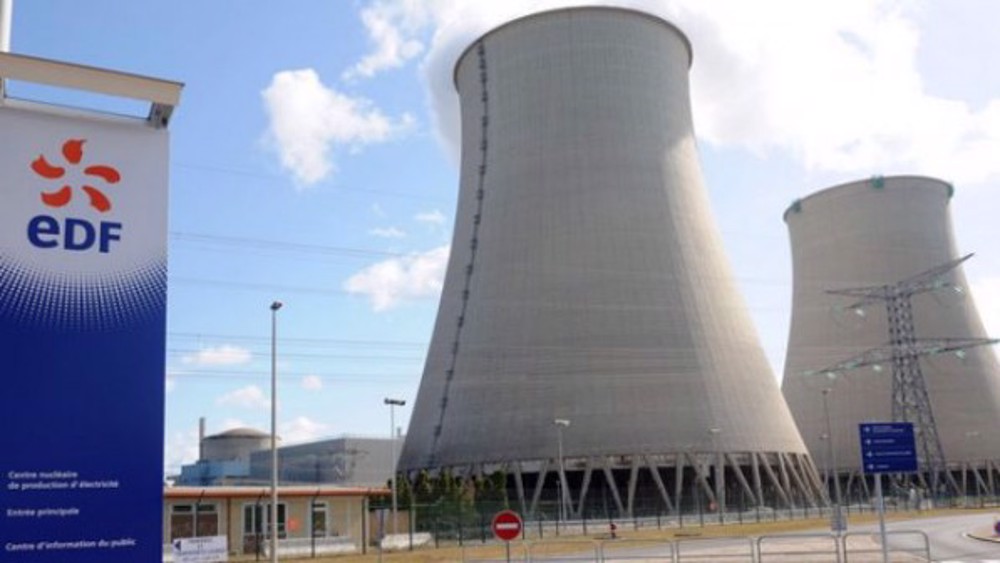
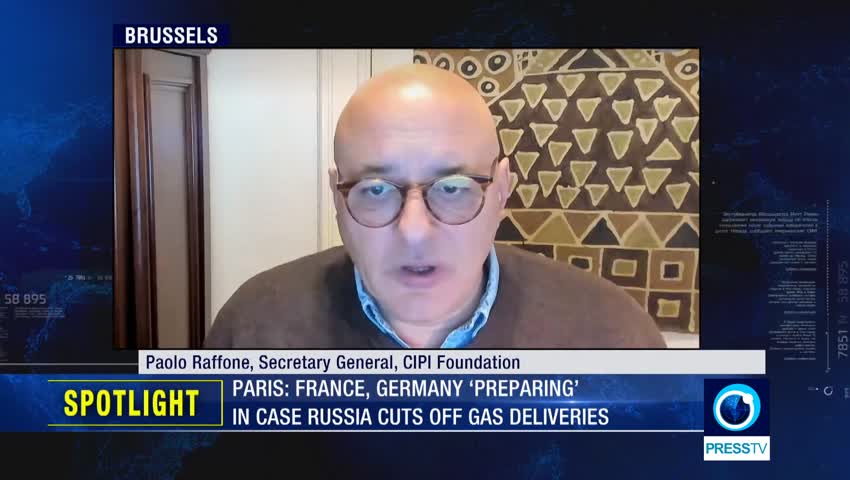
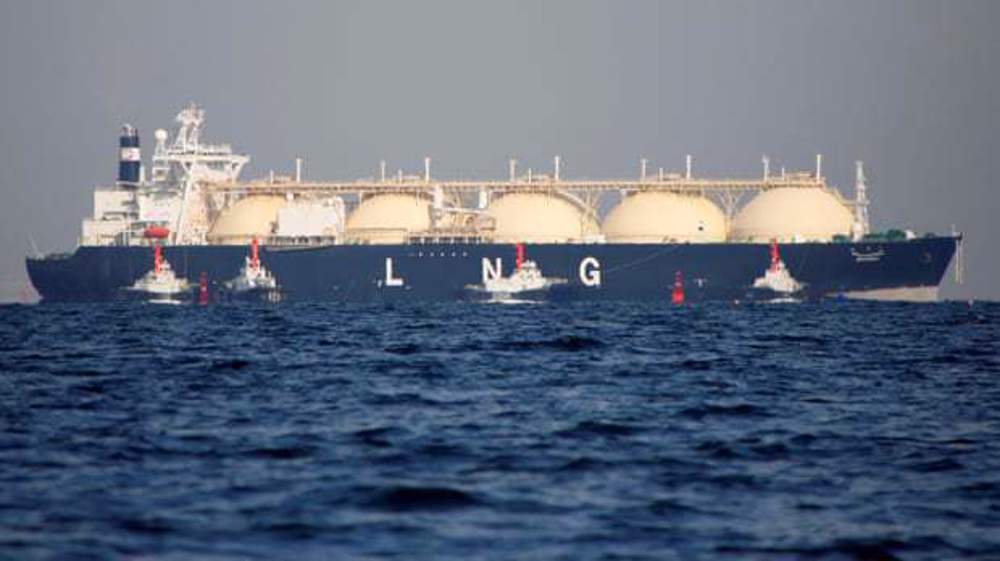
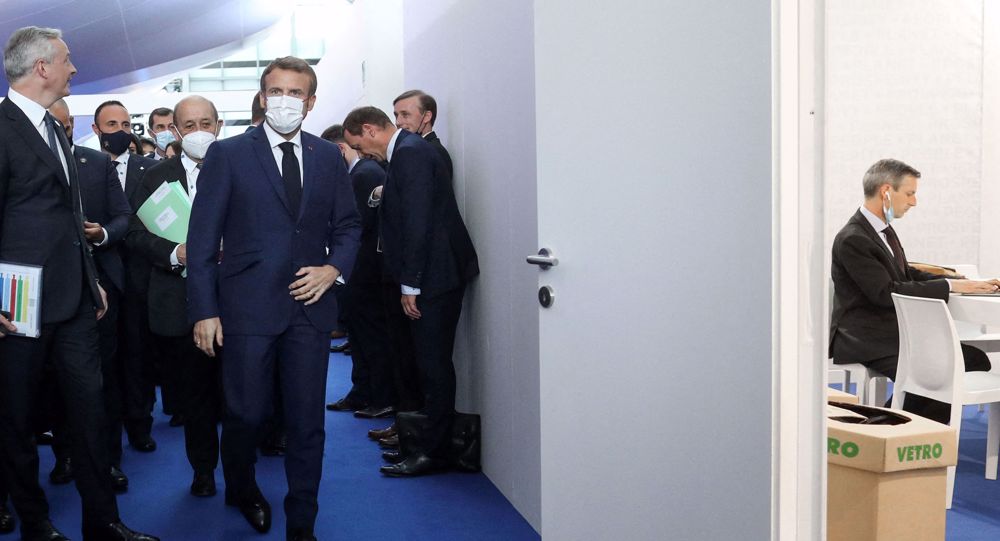

 This makes it easy to access the Press TV website
This makes it easy to access the Press TV website